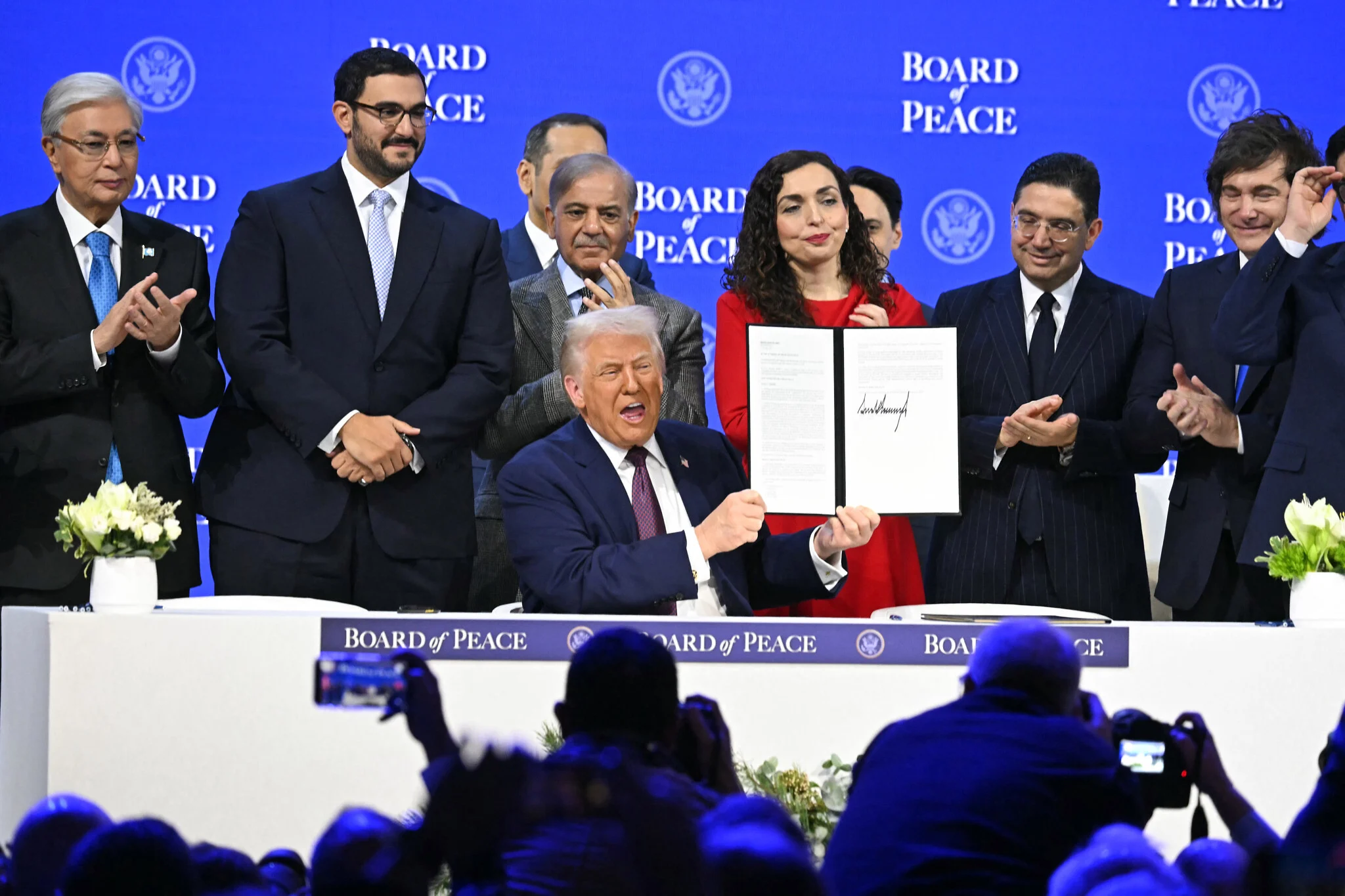Italians began voting on Sunday in a pair of referendums that could significantly ease citizenship requirements and enhance labour protections. The vote, which continues through Monday, faces uncertainty as low turnout threatens to invalidate the results unless over 50 percent of eligible voters participate.
One of the central questions on the ballot proposes reducing the residency requirement for naturalisation from 10 years to five for non-EU citizens without familial ties to Italy. Currently, applicants must wait a decade before applying—a process that can then stretch on for years.
Proponents, including Italy’s main trade unions and left-wing opposition parties, argue the change would align Italy with European standards and could benefit around 2.5 million foreign nationals living in the country. Nations like France and Germany already have shorter residency requirements.
Prime Minister Giorgia Meloni, leader of the far-right Brothers of Italy party, opposes the measure. While she pledged to appear at the polls, she said she would not cast a vote, drawing criticism from the left, who accuse her of undermining democratic participation.
Meloni defended the current system, saying, “It is an excellent law… among the most open in Europe,” noting that Italy already grants a large number of citizenships annually.
In 2023, over 213,500 people acquired Italian citizenship—twice the number recorded in 2020 and accounting for 20 percent of all citizenships granted across the EU. Most new citizens came from outside the EU, particularly Albania, Morocco, Argentina, and Brazil.
Despite the proposed reforms, one widely criticised rule would remain: children born in Italy to foreign parents still cannot apply for citizenship until they turn 18.
With input from Al Jazeera










The latest news in your social feeds
Subscribe to our social media platforms to stay tuned